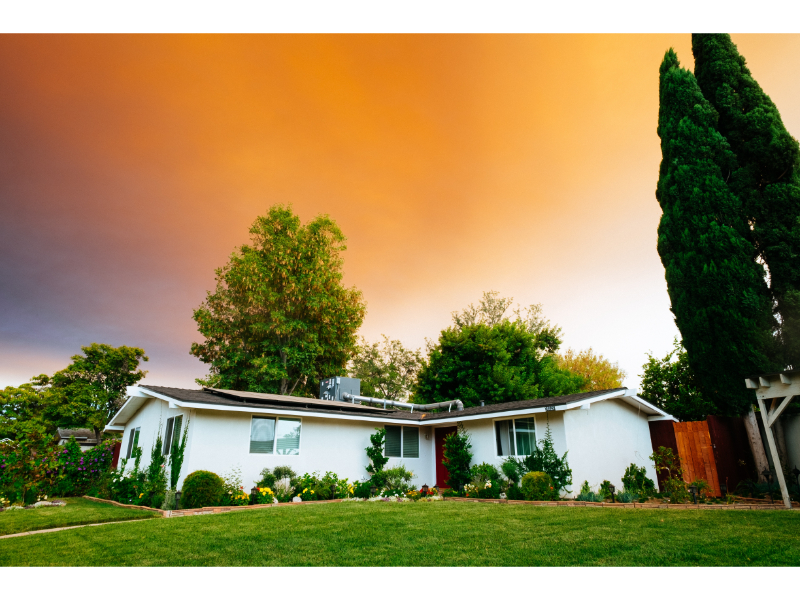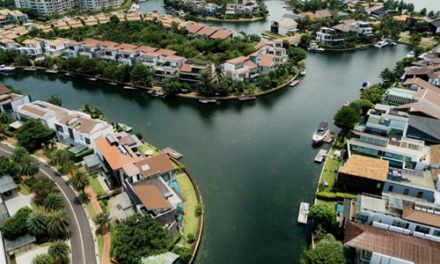Investing in properties is one of the best ways to secure your financial future. However, deciding which type of property to invest in can be daunting. Properties can be categorized into three main types based on their use: residential, commercial, and industrial. Each type of property comes with its own set of advantages and disadvantages. This blog post will explore the pros and cons of investing in different property types to help you make an informed decision.
Residential Properties – Residential properties refer to houses, apartments, and other buildings meant for living. One of the biggest advantages of investing in residential properties is the high demand for housing. The need for housing will always ensure a steady stream of tenants. You also have the option of renting out your property on a short-term or long-term basis. However, investing in residential properties can be capital-intensive, and you may have to deal with high tenant turnover, repairs, and maintenance.
Commercial Properties – Commercial properties include retail spaces, office buildings, hotels, and restaurants. One of the benefits of investing in commercial properties is long-term tenant leases. Commercial tenants tend to rent for longer periods, ensuring a steady flow of income for the landlord. The location of the property can also increase the value of the investment. However, commercial properties require higher capital investments and maintenance costs. You will also have to deal with more complex leasing agreements, and vacancy rates in commercial properties tend to be higher than in residential properties.
Industrial Properties – Industrial properties refer to warehouses, factories, and industrial parks. One of the benefits of investing in industrial properties is the long-term tenant leases, which can be up to 10 years or more. There is also a high demand for industrial spaces due to the growth of the manufacturing and logistics sectors. However, investing in industrial properties requires significant capital investments, specialized industry knowledge, and complex leasing agreements. Vacancy rates in industrial properties tend to be higher, and maintenance costs can be high.
Vacation Properties – Vacation properties are houses or apartments meant for temporary stays or holiday rentals. One of the benefits of investing in vacation properties is the high rental yields during peak holiday periods. Vacation properties can also be used for personal use, providing a home away from home. However, investing in vacation properties can be expensive, and securing bookings can be challenging during low seasons. You will also have to consider the significant maintenance and cleaning costs.
Investing in different property types requires careful thought and planning. Each type of property comes with its own set of advantages and disadvantages. Residential properties offer high demand and flexible renting options but require significant maintenance and high tenant turnover. Commercial properties offer long-term tenant leases but can be capital-intensive and have complex leasing agreements. Industrial properties offer long-term tenant leases but require specialized knowledge and significant maintenance costs. Vacation properties offer high rental yields during peak seasons but can be expensive to purchase and maintain and require steady bookings. Ultimately, the key to successful property investment is to conduct thorough research and get expert advice before making any decision.












